A Very British Murder
£1.90
This is the story of a national obsession.
Ever since the Ratcliffe Highway Murders caused a nation-wide panic in Regency England, the British have taken an almost ghoulish pleasure in ‘a good murder’. This fascination helped create a whole new world of entertainment, inspiring novels, plays and films, puppet shows, paintings and true-crime journalism – as well as an army of fictional detectives who still enthrall us today. A Very British Murder is Lucy Worsley’s captivating account of this curious national obsession. It is a tale of dark deeds and guilty pleasures, a riveting investigation into the British soul by one of our finest historians.
Read more
Additional information
| Publisher | BBC Digital (12 Sept. 2013) |
|---|---|
| Language | English |
| File size | 5667 KB |
| Text-to-Speech | Enabled |
| Screen Reader | Supported |
| Enhanced typesetting | Enabled |
| X-Ray | Not Enabled |
| Word Wise | Enabled |
| Sticky notes | On Kindle Scribe |
| Print length | 324 pages |

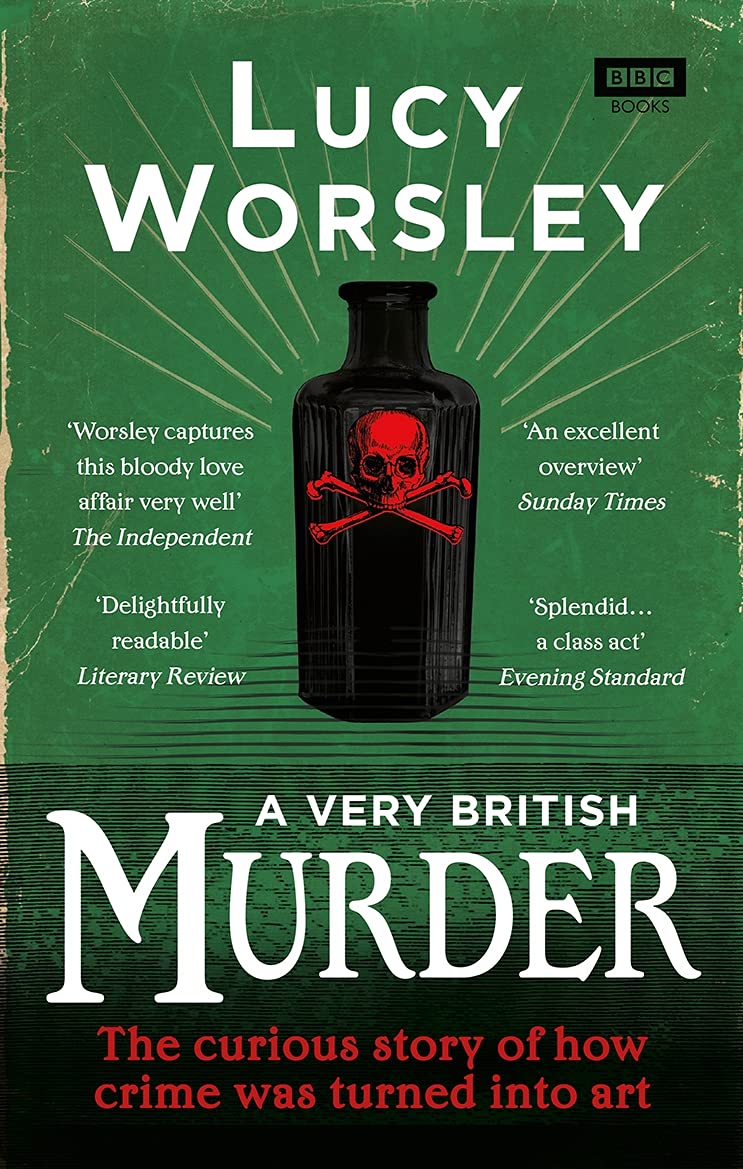
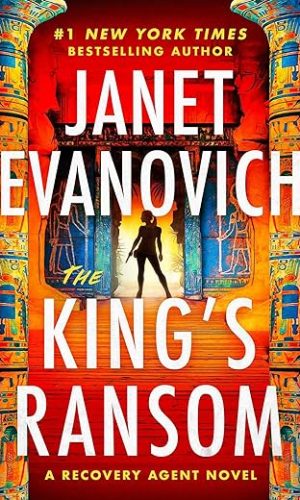
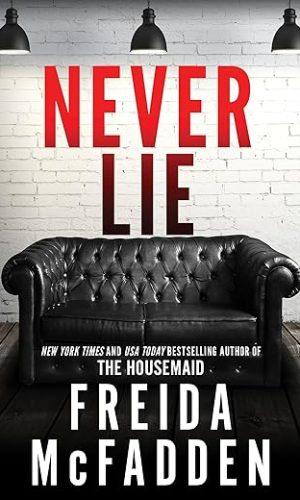
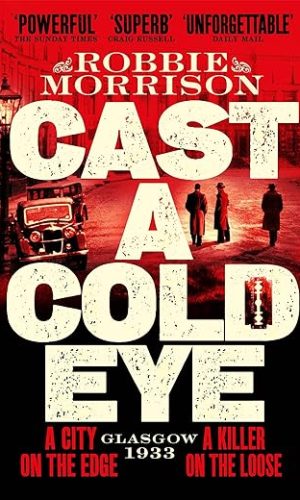
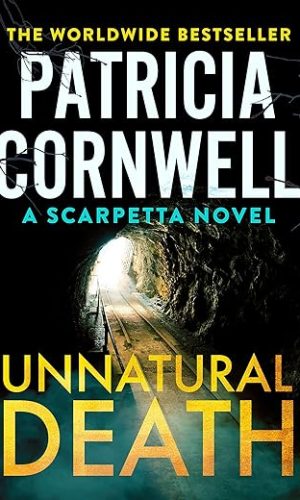
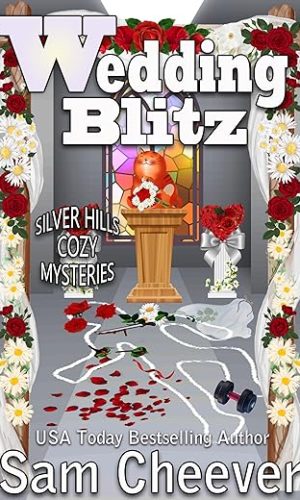
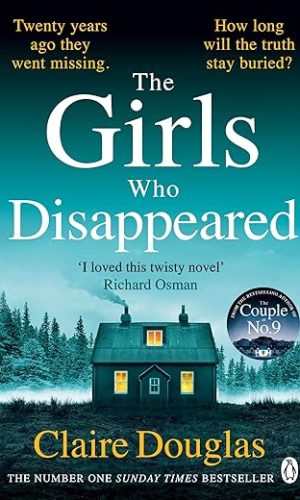
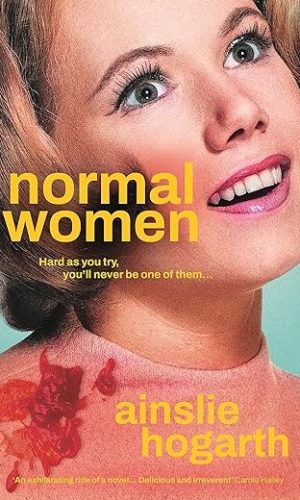
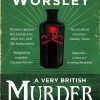
by JPMGORHAM
great book, well written
by Janie U
I usually enjoy a Lucy Worsley book and there is nothing better than the thrill of a good murder (however wrong that feels!).
The book is 294 pages split into 24 chapters.
The secondary title is “The curious story of how crime was turned into art” which summarises the book very nicely.
Ture crime is used as a starting point to show the fascination and natural progression to creating fictional equivalents.
This book was first published in 2013 and it would be interesting to see what the author thinks of the recent explosion in availability of true crime podcasts and “tik tok detectives”.
The purpose of the book is to explore the curiosity with murder but it is much more than that as it looks at the early days of the police and detection methods. LW always does a great job with her research and communicates it in an accessible, engaging way.
A couple of times the author describes finding places in London today connected to murders that happened a long time ago – I really enjoyed this link and would have been happy to see more of this.
I found it remarkable how much change there has been in Britain just in the 10 years since the book was published – LW remarks at people traipsing through a murder scene 200 years ago and says that would be unacceptable now – yet consider the reaction recently when a murder went missing from a river bank and thousands of people went to the area to “investigate”. So many changes in the world but perhaps human nature doesn’t change at all.
The development of crime fiction I found particularly interesting as it is a genre I read a lot. The introduction of the detective seemed to give the public more interest in the solution of the crime rather than the retribution itself – maybe we all love a puzzle? The gradual evolution of the crime novel seems to explain a lot about the state of the genre today.
The nineteenth century research is used extensively but it seemed that the author lost some enthusiasm when she reached the 20th century with the focus shifting from the real murders to the authors – I preferred the more balanced approach shown in the first half of the book.
I love LW’s honest attraction to the most shocking murders as they are entertaining. This proves her point of how easily murder has turned into art as it titillates the reader. It is clear that is also excites the author and her enthusiasm for the topic is clear.
by Dawn J
As with all Lucy Worsley books, this was an excellent read! Couldn’t put it down.
by Deborah
A companion book to the BBC series which had been originally aired in 2013. It traces the English interest (obsession) with murder and detection and how it has mutated and changed over the years depending on the era and society living in it. This is initially portrayed through plays and songs which travelled around the UK. With more people being taught to read and the cheap literature on offer, the move was made to stories which further fuelled interest. It is notable that while people demanded literature which was increasingly bloody and chilling there was also the demand for the murderer to be found and stopped and for ‘order’ to be restored.
I enjoyed finding out about how some folk songs came into being and their stories. I also enjoyed discovering more about early literature such as Penny Bloods and the rise of the ‘female detective’ – who makes an appearance earlier than would be supposed! The book is fun and interesting and is told with Lucy Worsley’s usual wit and extravagant interest, while this is more infectious on screen it still translates well into the written word.
I watched the tv series when it was first broadcasted and is part of the reason for purchasing this book, while no new information is revealed in the book I still enjoyed my read and revisiting the information from the original series.
by JaneM
A very informative book, as usual Lucy Worsley excellent.. A very good read for those that like social history.
by Judith M Martin
I found this quite confusing to read. It was not clear what each chapter was intended to deal with and subjects often seemed to reappear in the middle of a chapter that appeared to be about something else, connections were not made clear.
In addition there was a lot of information that may well have been correct but no indication of where it came from was available. The notes at the end may have been helpful but it took a lot of effort to connect some of them to the text.
A clear introduction and conclusion to each chapter and clearer connection between information and sources would have been valuable.
by Philip Meers
I bought this by mistake, but decided to keep it. I’m glad that I did.
It is well written, and entertaining. Judging by the sections where I had prior knowledge, it is well researched.
I do, however, think that it ran out of steam towards the end. The post Second World War section was rushed, and there was nothing about the current state of play regarding the never ending fascination with the genre. There is, for example nothing about the development of the historical mysteries, which is now a significant sub-genre. There is also nothing about another significant sub-genre, the “cosy” mysteries that deliberately hark back to the Golden Age.
I am a fan of detective stories from the Golden Age, and I was disappointed that there are several examples where Ms Worsley took quotes totally out of context. There is an undercurrent of “woke” ideas, particularly in the later sections, and the misused quotes are often made to prove a point about the failings of the authors when facing this “woke” agenda. It is for this reason that I reduced my rating to 4*.
I’d recommend this book to fans of the genre, and also to historians. It’s generally a good read, and I doubt that many would have picked up on my criticisms unless they have the same interest in the Golden Age authors. I’ve given it 4*, but had I been able to, I’d have given 4.5*